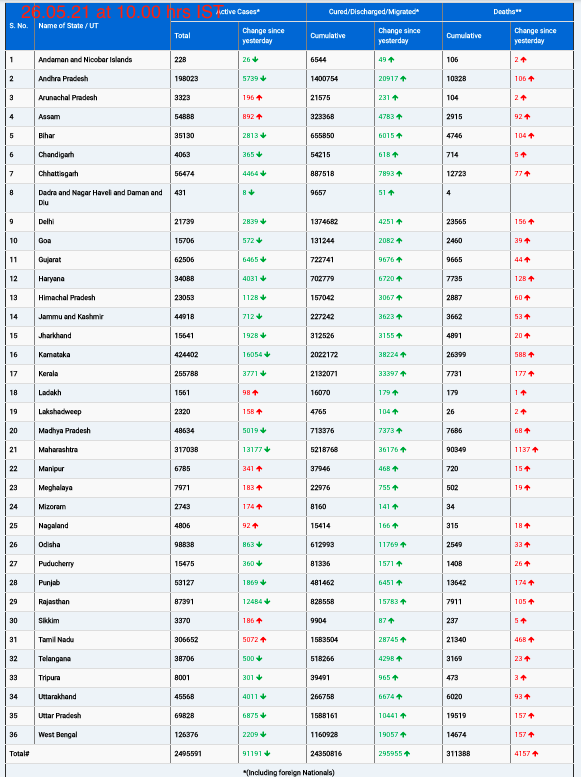A groundbreaking study published in Nature Aging has uncovered a troubling connection between socio-economic disparities and brain health. Led by an international team of researchers from Trinity College Dublin, the study suggests that societal inequality may exacerbate brain ageing and increase the risk of neurodegenerative diseases like dementia.
The research revealed that higher levels of inequality are associated with reduced brain volume and disrupted connectivity in specific brain regions, particularly the temporo-posterior and cerebellar areas. These regions play vital roles in memory and cognitive function, making their impairment particularly concerning.
Alzheimer’s Patients Face the Most Severe Impact
The study found that individuals with Alzheimer’s disease experienced the most pronounced effects of socio-economic disparities, highlighting how environmental stressors linked to inequality can worsen neurodegeneration in ageing populations. However, the effects were milder in those with frontotemporal lobar degeneration, a condition believed to have stronger genetic underpinnings.
“Reduced brain volume and connectivity are frequently observed in patients with dementia and are associated with disease progression and severity,” the researchers noted in the paper.
Independent of Individual Factors
Importantly, the findings held true even after accounting for individual factors such as education, age, sex, and cognitive ability. This underscores the influence of macro-level societal factors—beyond personal circumstances—on brain health.
“This research highlights the critical role of structural inequality in shaping brain health,” said Dr. Agustín Ibanez, Professor of Global Brain Health at Trinity College.
Call for Region-Specific Interventions
The study also emphasized the need for targeted interventions to address region-specific disparities. Researchers pointed to factors like air pollution, climate change, access to green spaces, migration, and democratic governance as potential contributors to these health inequities.
“Dementia rates are rising particularly in low- and middle-income countries,” Dr. Ibanez added. “Our findings emphasize the importance of addressing the root causes of brain health disparities, which appear to vary by region.”
A Global Approach to Brain Health
The study advocates for integrating social and environmental factors into global brain health research. By identifying region-specific modifiable risks, policymakers and researchers could develop targeted strategies to mitigate accelerated brain ageing and reduce the burden of dementia in disadvantaged communities.
As dementia rates continue to climb worldwide, this research highlights the urgent need to address the societal inequalities that may silently exacerbate brain health issues in vulnerable populations.












